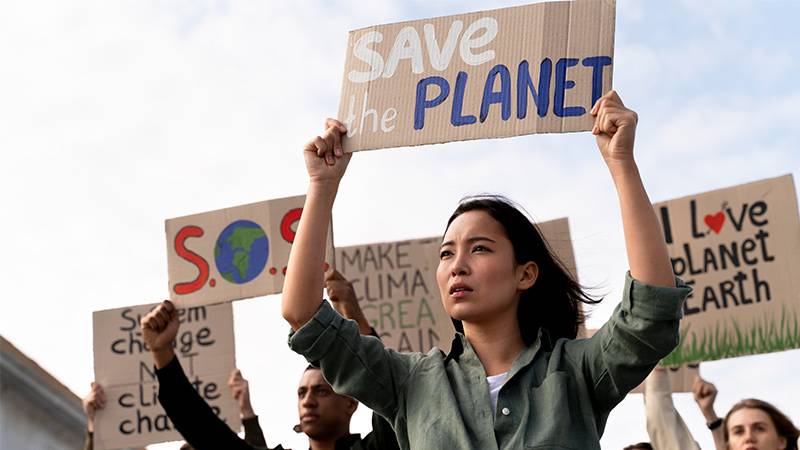Amidst the global discourse on climate change, a new narrative is emerging, highlighting the crucial role of Indigenous knowledge in shaping sustainable solutions. High Country News features three Indigenous women who are pioneering this integration of ancestral wisdom with contemporary environmental strategies.
Amelia Marchand, a member of the Confederated Tribes of the Colville Reservation, serves as the senior tribal climate resilience liaison at the Affiliated Tribes of Northwest Indians (ATNI). Her focus is on guiding climate scientists to ethically engage with Native communities, emphasizing the importance of data sovereignty and intellectual property rights of these communities. Marchand’s work involves training with various organizations and advocating for Indigenous priorities in climate strategies. She believes that survival through climate change requires more than just technology and wealth; it demands a focus on equity and political will, integrating Indigenous leadership for a better future.
Climate scientists, government officials, tech entrepreneurs and others all have opinions about how humans should address the crisis, but many of them are leaving out something important: the experience and knowledge systems of the land’s original stewards — Indigenous peoples.
Lydia Jennings, a soil microbiologist and a member of the Pascua Yaqui Tribe, addresses the intersection of renewable energy demand and Indigenous rights. According to High Country News, her research is centered on mining impacts near tribal lands and the inclusion of tribal concerns in federal policies. Jennings, who has worked in diverse biomes and institutions, emphasizes the need for respecting Indigenous knowledge in both environmental healing and land management decisions. Her current research involves collaborating with the Lumbee Tribe in North Carolina, focusing on methane gas emissions and prioritizing community-led solutions.
Roberta Tuurraq Glenn-Borade, an Iñupiaq from Utqiaġvik, Alaska, combines her geoscientific training with her cultural heritage to bridge the gap between Western science and Indigenous knowledge. Glenn-Borade’s experiences with local environmental observations have led her to create digital narratives that blend traditional insights with scientific data. As the project coordinator for the Alaska Arctic Observatory and Knowledge Hub, she facilitates the sharing of Indigenous observations on Arctic environmental changes. Glenn-Borade emphasizes the resilience of the Iñupiat culture in the face of climate change, advocating for the inclusion of those living with these changes in finding solutions.
These women, in their respective fields, are not just contributing to the climate change dialogue; they are reshaping it. They remind us of the importance of listening to Indigenous voices and valuing their deep-rooted understanding of the land. Their work, rooted in both tradition and innovation, exemplifies a comprehensive approach to tackling environmental challenges, blending the wisdom of the past with the needs of the present and future.
More inspiring green news similar to this:


